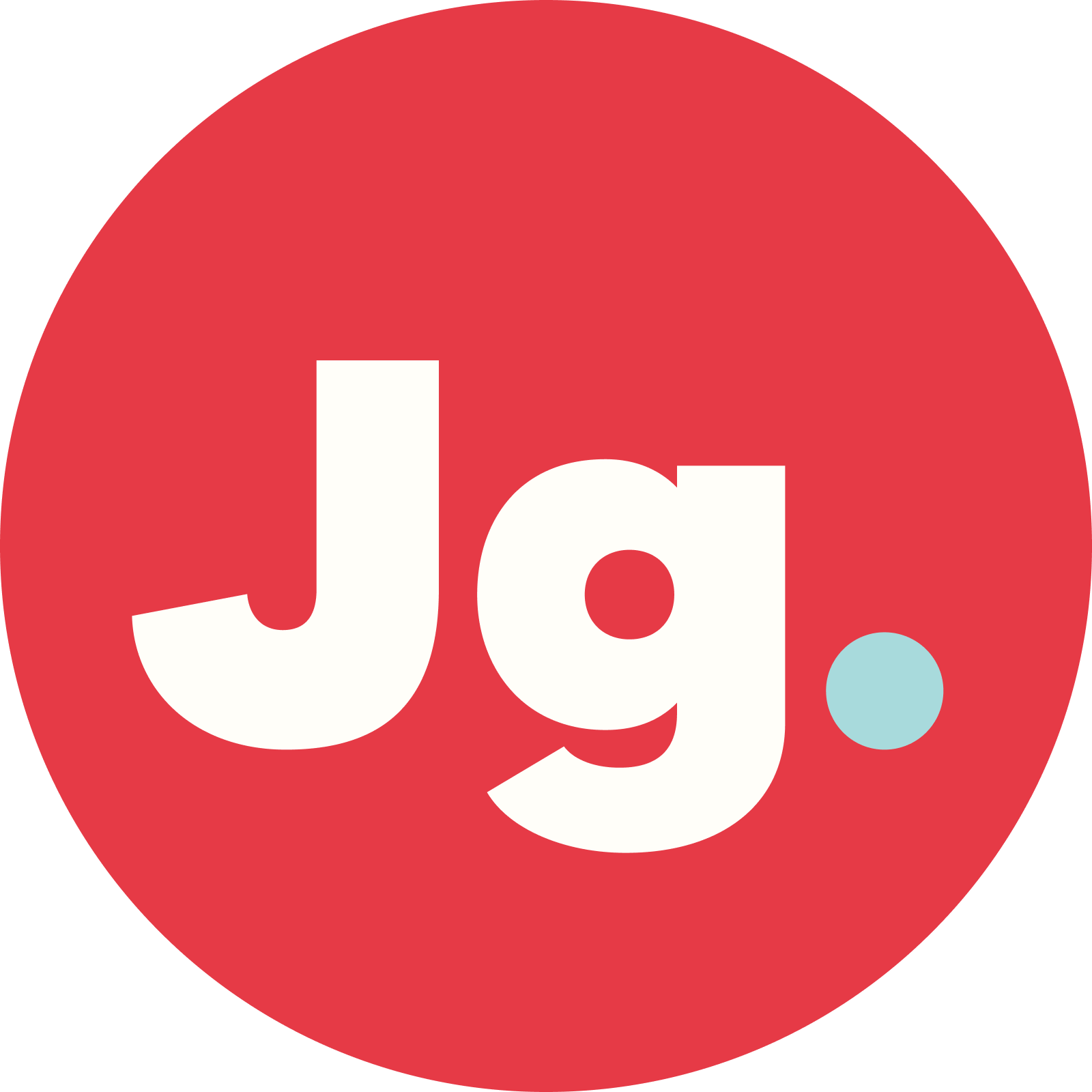The books on my desk
A couple of years ago, taking a cue from Austin Kleon, I squeezed a second desk into my study. In Steal Like an Artist, Kleon wrote:
I have two desks in my office—one is “analog” and one is “digital.” The analog desk has nothing but markers, pens, pencils, paper, index cards, and newspaper. Nothing electronic is allowed on that desk. This is where most of my work is born, and all over the desk are physical traces, scraps, and residue from my process. (Unlike a hard drive, paper doesn’t crash.) The digital desk has my laptop, my monitor, my scanner, and my drawing tablet. This is where I edit and publish my work.
This model worked for me, for a while. One desk, stocked with paper and pencils, is where I roughed out a project. The other desk, with a computer and an iPad, is where I refined it. (And, sometimes, the two desks served a different purpose: His and hers desks for me and Squish, when we were both creating things at the same time, in the same room.)
With the pandemic, and a new remote-only job, the nature of the two desks shifted. I drew a line: One desk was strictly for my professional work (design); the other was reserved for my personal work (writing).

The best part about the writing desk is that there's room for books. I've been selective: Each book, for one reason or another, is relevant to my current project, The Dark Age. For example: I keep Good Morning, Midnight and The Last Pilot on hand as a touchpoint for two of my main characters: Character A reminds me of the two leads in the former; Character B dreams of living the experimental pilot's life found in the latter.
Here are all of the books currently on my desk:
- The Martian Chronicles, Ray Bradbury
- Good Morning, Midnight, Lily Brooks-Dalton
- Days of Distraction, Alexandra Chang
- Microserfs, Douglas Coupland
- Travels, Michael Crichton
- Then We Came to the End, Joshua Ferris
- Never Let Me Go, Kazuo Ishiguro
- The Last Pilot, Benjamin Johncock
- Goodbye, Vitamin, Rachel Khong
- Last Days of Summer, Steve Kluger
- The Unseen World, Liz Moore
- The Time Traveler's Wife, Audrey Niffenegger
- Dept. of Speculation and Weather, Jenny Offill
- A Tale for the Time Being, Ruth Ozeki
Some are models of the epistolary format that I'm exploring; others resonate with the themes I hope to build into my story. Some tackle serious subject matter with a light tone, a skill I would like to build. Others are dissections of unconventional and complicated relationships. They're all right there, available for easy conversation with the book I'm writing.
They're all wonderful books that I've re-read multiple times. If The Dark Age is a sliver as good as any of them, I'll be immensely proud.

Member discussion